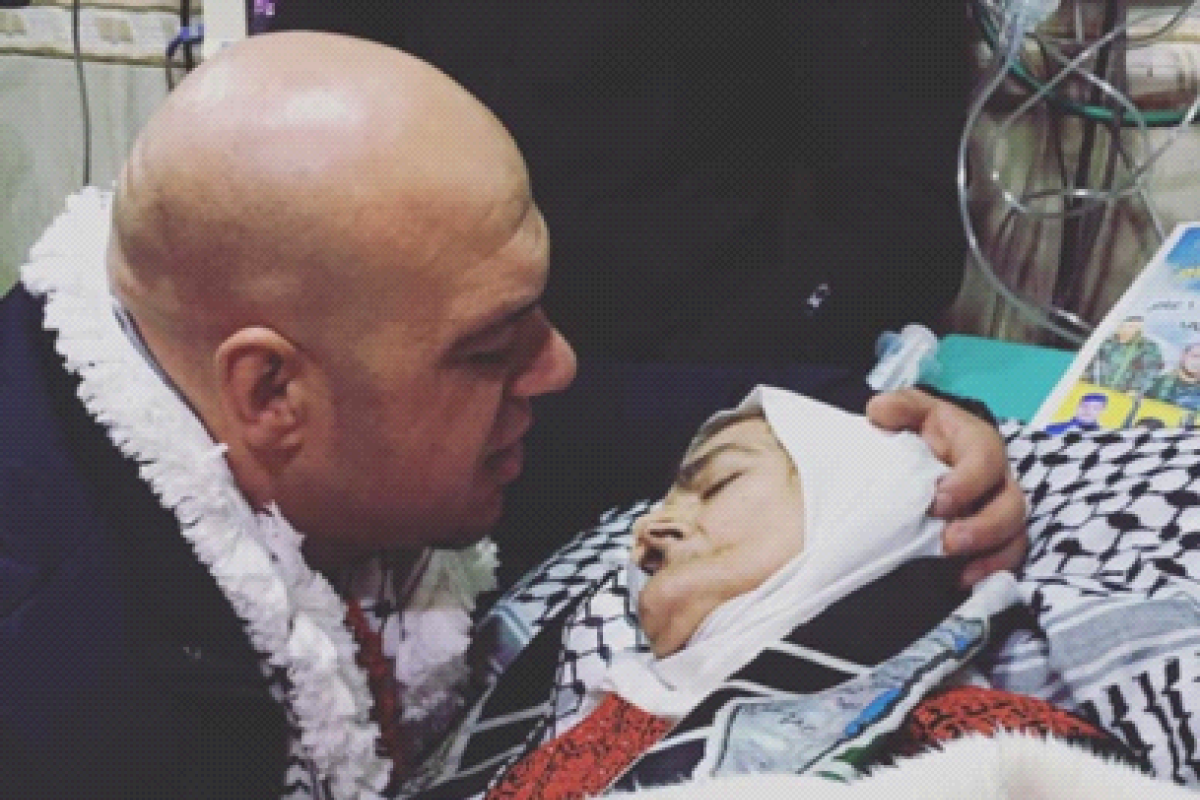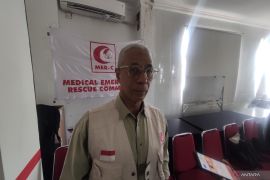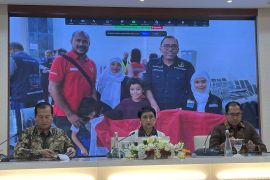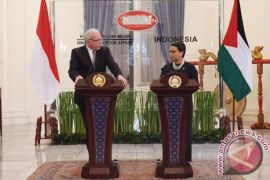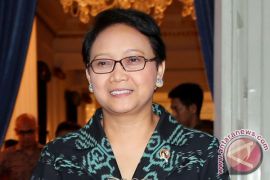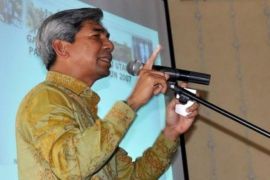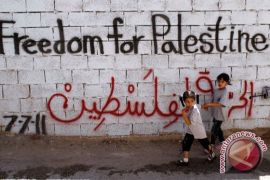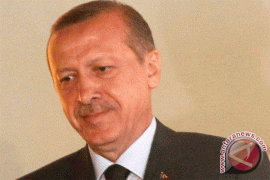Nablus, Jan. (ANTARA News) - For 16 long years, with the exception of only few moments for a couple of times, Kamel Khatib used to see his mother from behind a glass barrier. He was not able to hold her, hug her or kiss her. They would talk only briefly through a telephone, once a month or whenever she would visit him, which sometimes took years.
Finally Khatib got a chance on Thursday, and for the first time in 16 years, to be with his mother all the time, without a glass barrier separating them, and to hug her and kiss her as he wishes. But their meeting did not last long. Less than 24 hours after that, his mother died.
Khatib (41), from Balata refugee camp in the northern West Bank city of Nablus, had spent the last 16 years of his life behind bars, serving time in Israel for resisting its abhorrent occupation of his country. Resisting the occupation for him was not only a right, but also a national duty he has learnt from his mother before anyone else, regardless of the price they both have to pay.
When Khatib was released from prison on Thursday after a delay of several hours, he rushed to get to al-Ittihad Hospital in Nablus where his chronically ill mother was in a coma.
"My release was delayed many hours as they (Israel Prison Service) kept on changing the location for my release even though they knew very well that my mother was terminally ill and that she was in her last moments in intensive care. They just wanted to spoil my meeting with my mother," Khatib told WAFA with a bitter feeling after he was kept from spending this precious time with his mother.
"I arrived at the hospital hours later. I kissed her head and held her hand. She was in a coma but I could feel her pressing on my hand and would open one eye and close it again," he said.
On Friday night, Khadija Khatib, Kamel`s mother, was pronounced dead. She was 78.
Video tapes of Kamel with his dead mother showed him kissing her forehead 17 times after he removed the cover off her face.
In August 2017, Kamel was allowed for the first time to be with his mother when she visited him in prison. It was the first time since February 12, 2003, when the Israeli army arrested him following an armed clash in Nablus that the two were able to touch, hug and kiss. She was ill and on a wheelchair. Even then, he had not seen his mother for five years as she was banned from visiting him.
A year later, when his mother returned to visit him, the prison guards refused to allow them to be together without the glass barrier separating them.
"I do not forget the fight I had with the prison guards last August when they would not let me be with my mother and wanted to keep her behind the glass barrier," he said. "She was in a state she would not have been able to see me. She could not move and was restricted to a wheelchair. But minutes later I was able to be with her and to kiss and hug her. She kissed me and I realized at that moment that it was her last kiss."
Khatib talks proudly about his mother and the time she spent resisting the Israeli occupation.
"My mother was a fighter, even from before the first Intifada (uprising), and during the second Intifada. She was in constant fight with the Israeli army every time they raid Balata camp. At times, she would charge at the soldiers to free someone they caught," he said.
"She was the mother of the prisoners and fighters. She would shelter them and give them food and water. She would get beaten at times by the army. We earned from her the spirit of resistance against the occupation."
Khatib had also lost two brothers who died while he was still in prison.
Editor: Gusti Nur Cahya Aryani
Reporter: Antara
Editor: Chaidar Abdullah
Copyright © ANTARA 2019
